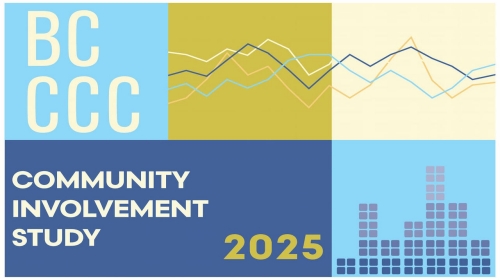RESEARCH BRIEF - Researchers investigated how ESG activities help or hurt financial performance, using nine years of data from over 1,200 global companies.
The transition to net zero: Is your company ready?

In his annual letter to CEOs, BlackRock CEO Larry Fink urged corporate leaders to prepare as the economy shifts to net-zero emissions, that is, one that emits no more carbon dioxide than it removes from the atmosphere. “As the transition accelerates,” Fink says, “Companies with a well-articulated long-term strategy, and a clear plan to address the transition to net zero, will distinguish themselves with their stakeholders—with customers, policymakers, employees and shareholders—by inspiring confidence that they can navigate this global transformation.”
Fink says companies have until 2050 to achieve this goal, which is the scientifically-established threshold necessary to keep global warming well below 2 degrees Celsius. His recommendation follows a shift across industries to commit to net zero which, between local government and the business community, has doubled in less than a year according to the UN. When considering commitments from just one coalition, Business Ambition for 1.5°C — Our Only Future, 177 companies have pledged to set emissions reductions targets with the aim of reaching net-zero carbon dioxide (CO2) emissions by 2050—which, if successful, would offset the annual total CO2 emissions of the entire country of France.
Companies such as Microsoft have even taken this pledge a step further in scope and timeline, and pledged going carbon negative by 2030. Competitors are following suit, and for good reason. Besides the obvious world-preserving—and therefore economy-preserving—results from mitigating climate change, emissions reduction efforts just make good business sense. For example, we know from the research that the stock market penalizes firms for increases in carbon emissions, and overall, values companies that proactively disclose carbon emissions more highly. And while increased carbon emissions lead to higher debt financing costs, transparent communication—signaling awareness and providing context—mitigates this effect. It’s no wonder that a majority of executives report that their companies have taken or are planning to take action to reduce GHG emissions.
Related Content
RESEARCH BRIEF - Researchers analyzed 4 US energy exchange-traded funds (ETFs) over 15 years, including 2 dirty energy funds tracking fossil fuel companies and 2 clean energy funds tracking renewable energy companies.
RESEARCH BRIEF - Researchers conducted a survey, which measured perceptions of CSR and ethical leadership within the manufacturing and service industries.
WEBINAR: This webinar explores how corporate giving will be reshaped by the One Big Beautiful Bill. Hear directly from corporate citizenship leaders as they share innovative, real-world strategies that deliver impact for communities and results for business.
This study explores shifting trends in employee volunteering, corporate giving, and other means of corporate community involvement.
This guidebook offers insights on placing employees in nonprofit board service roles.
This Member Meetup focused on strategies for building compelling business cases for corporate social responsibility initiatives. Two organizations shared their approaches to securing leadership buy-in and funding for CSR programs by anchoring requests in business strategy, quantifying value, and crafting persuasive narratives.
RESEARCH BRIEF - To examine whether CSR Activities affect Long-term Stock Returns, researchers studied 6971 observations of common stock of Japanese firms operating globally, along with accounting data and ownership data.








